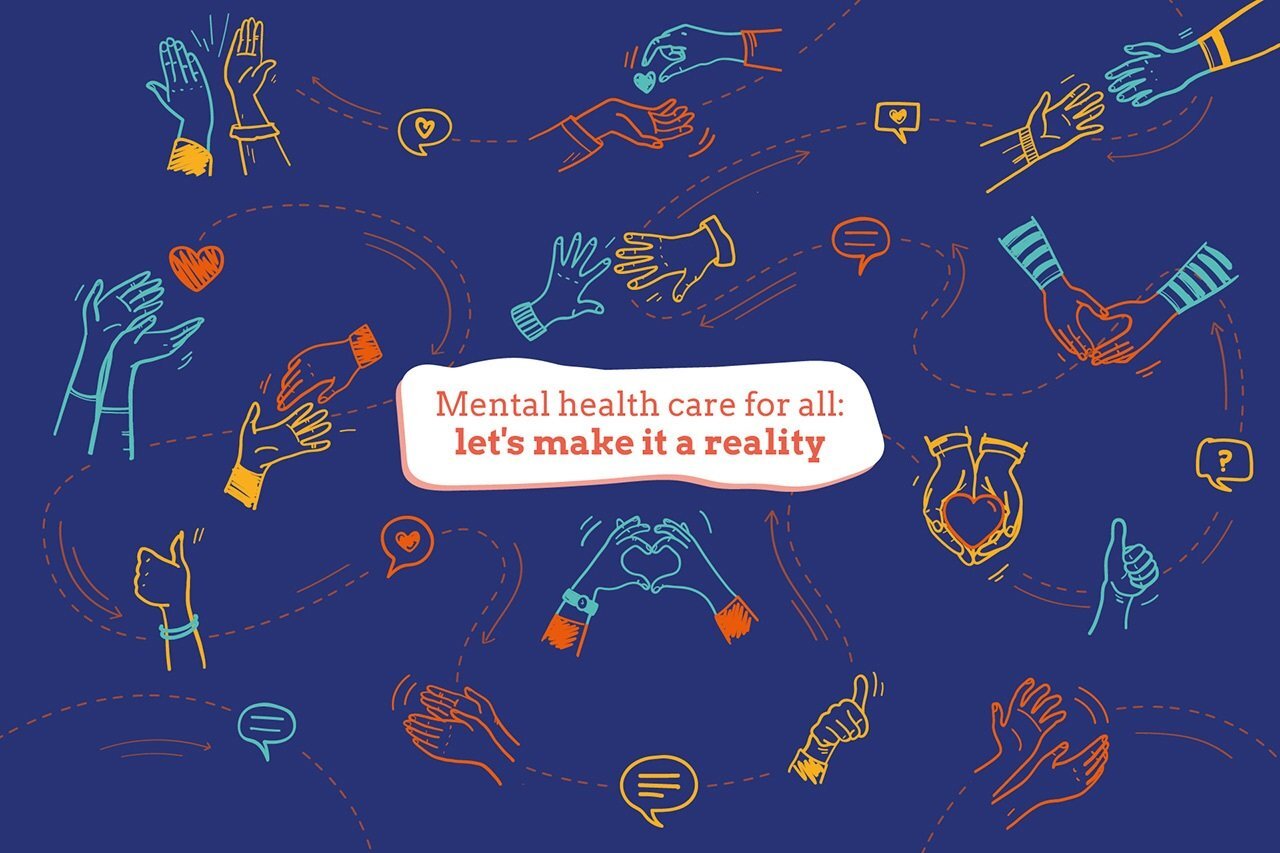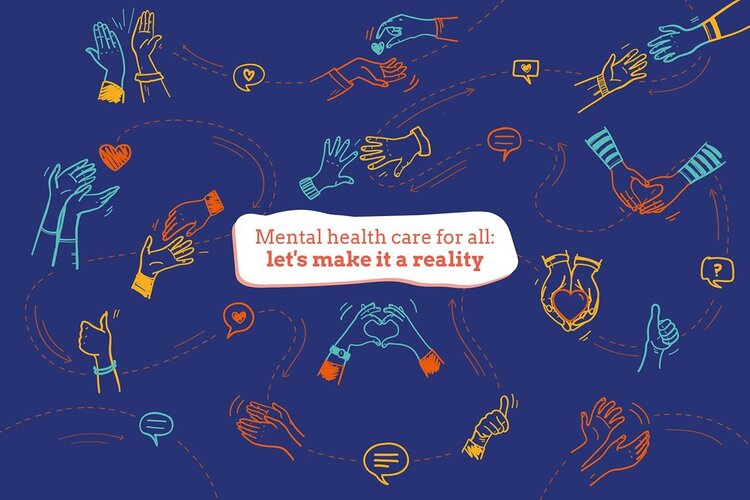In conjunction with #WORLDMENTALHEALTHDAY on 10 October, 2021, let’s normalise talking about the things we don’t talk about enough.

Source: World Health Organisation – World Mental Health Day
The COVID-19 pandemic has had a major impact on people’s mental health. Some groups, including health and other frontline workers, students, people living alone, and those with pre-existing mental health conditions, have been particularly affected.
By working together as a community we can raise awareness about:
1) What to know about mental health disorders
2) What you can do for treatment; and
3) How to get help for yourself family member or friend
This is in no way exhaustive and complete but here are some quick notes to equip yourself appropriately.
What is mental health?
Mental health is an integral and essential component of our health. The WHO constitution states: “Health is a state of complete physical, mental and social well-being and not merely the absence of disease or infirmity.”
An important implication from this is mental health is a lot more than just the absence of mental disorders or disabilities.
Mental health as defined by WHO is “a state of well-being in which an individual realizes his or her own abilities, can cope with the normal stresses of life, can work productively and is able to make a contribution to his or her community.â€Â
It is fundamental to our collective and individual ability as humans to think, feel, interact with each other, earn a living and enjoy our lives.
On this basis, the promotion, protection and restoration of mental health can be regarded as a vital concern of individuals, communities and societies throughout the world.
What is depression?
It is an illness characterised by persistent sadness and a loss of interest in activities that you normally enjoy, together with difficulty carrying out daily activities.
People with depression often experience:
-
A loss of energy
-
Change in appetites
-
Either sleeping more or less than normal
-
Anxiety
-
Reduced concentration
What you can do if you have symptoms:
-
Talk to someone you trust
-
Seek professional help
-
Stay connected with family and friends
-
Exercise regularly
-
Stick to regular eating and sleeping habits
-
Avoid high amounts of alcohol intake
Living with someone with depression
What you can do:
-
Encourage them to focus on the positive, rather than negative
-
Encourage them to seek professional help
-
If they’re prescribed medication, remind them to take it
-
Help them with everyday tasks
-
Encourage them to do everyday tasks and social activities
Self-harm or suicidal behaviour
Are you experiencing any of the following?
-
Pain that seems overwhelming and unbearable
-
Feeling of worthlessness or hopelessness
-
Loneliness
-
Constant negative thoughts
What you need to know:
-
You can get better
-
You are not alone
-
Its okay to talk about your feelings
-
Talking about suicide is not a weakness
What you can do:
-
Talk to someone you trust about how you feel
-
Talk to a healthcare professional
-
Join a support group
-
Contact emergency services or a crisis help line
Know someone who may be considering suicide?
Know the warning signs:
-
Severe mood changes
-
Social withdrawal
-
Expressing thoughts, feelings or plans about ending their life
-
Saying “goodbye†to close family members and friends
-
Giving away valued possessions
Who is at risk?
-
People who have tried to take their own life before
-
Someone who is socially isolated
-
People living with chronic pain and illness
-
People who have experienced violence, abuse or other trauma
-
People from groups of society that are marginalized or discriminated against
What you can do:
-
Find an appropriate time and quiet place to talk to with them
-
Let them know you are there to talk to and give support
-
Encourage them to seek help from a health professional
-
If you think someone is in immediate danger, don’t leave them alone. Contact emergency services/ a crisis line/ a health professional/ family member
-
If the person your worried about lives with you, make sure they don’t have access to means of self harm
How to get help in Malaysia?
Support Hotline
Befrienderskl Suicide Helpline: 0376272929
Emotional support 24 hours everyday. Free and Confidential.
Government Services
Psychiatry
University of Malaya Medical Centre
Contact: +603-79494422
KPJ Kajang Specialist Centre
Contact: +603-87692999
Kuala Lumpur Hospital
Contact: +603-26155555
Note: You will need a doctor’s referral letter for places listed above.
Non Government Organisations
Clinical Psychology and Counselling Services
Malaysian Mental Health Association (MMHA)
Contact: +6017-613 3039
Mental Illness Awareness and Support Association (MIASA)
Contact: +6012-247 9561
Contact: +6012-300 5453
Private Organisations
Clinical Psychology, Psychotherapy and Counselling Services
InPsych Pshychological and Counselling Services
Contact: +6017-331 1216
Contact: inquiries@relate.com.my
Contact: +603-6203 0359

Help is always available, and you can feel better.
If you or you know someone suffering of mental health issues, seek help, talk to them and support them.
Mental health care for all: let’s make it a reality. #WORLDMENTALHEALTHDAY











